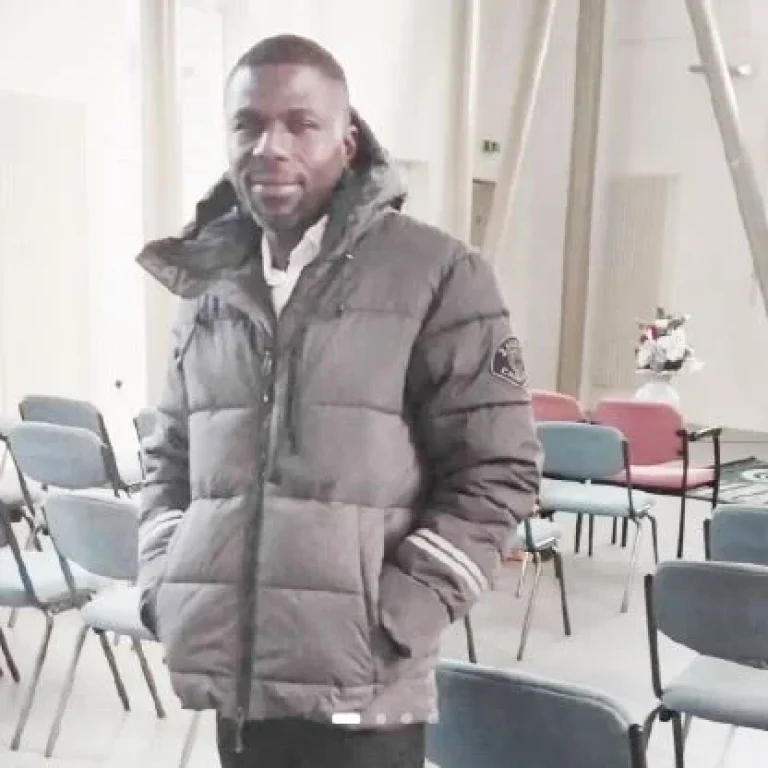IN THE ARENA
With bandits, kidnappers and terrorists threatening Nigeria’s capital city, Abuja, the old challenges of poor funding, inadequate fighting equipment of the security forces and diminished intelligence sharing between the agencies have come to the fore, LOUIS ACHI writes
In April 27, 2021, Governor Abubakar Sani Bello of Niger State, had with strange prescience, warned that the federal capital city, Abuja was not safe as Boko Haram terrorists had hoisted a flag in his state, some two hours’ drive away.
He was referring to the scary security situation in Kaure Village, in Shiroro Local Government Area of the sprawling North-central Nigerian state. For good measure, he told Nigerians that the Boko Haram fighters had forcefully taken over the wives of some of the villagers and allocated them to themselves.
Bello made the shocking revelation in Minna when he visited the Internally Displaced People’s Camp at the IBB Primary School near the Emir of Minna’s Palace. The primary school was hurriedly turned into an IDP camp following the sacking of nearly 5,000 villagers from their ancestral homes in Shiroro and Munya Local Government Areas by bandits who raided the towns.
Trailing Bello’s warning in April, nervous, chubby-cheeked Nigerian Senators expressed justifiable fear that the Boko Haram insurgents might overrun the nation’s capital, Abuja, because of the attacks the deadly group had launched on contiguous states.
The federal lawmakers signalled that they would send representation to President Muhammadu Buhari on the matter. From the unfolding edgy security drama, it would appear the efficacy of that bandied representation came to naught.
Seven months later, bandits, whom Senator Shehu Sani had with quirky humour recently advised President Buhari to name them ‘federal civil servants’ having declined their classification as terrorists, are apparently holding Abuja by the balls.
In the wee hours of Tuesday, November 2, 2021, unknown gunmen swooped on the University of Abuja and kidnapped two professors, lecturers and their family members. UniAbuja is near the international airport serving Nigeria’s capital city Abuja. The early dawn attack at the staff quarters of the university in Giri, raised fears of safety around the Nnamdi Azikiwe International Airport, some 20 kilometres away.
There were reports that the abductors contacted family of the victims to demand N300 million ransom. But about 48 hours ago on Friday morning, Dr. Abubakar Kari, a UniAbuja official announced that the victims had been rescued with no ransom paid.
The Vice Chancellor, Prof. Abdul-Rasheed Na’Allah, also confirmed this in a Facebook post: “Our prayers have been accepted. Please join me in thanking God Almighty. I will provide you more details later, just to let you know that our UofA family is a happier family today with the resolution of this callous and wicked kidnap of our people.”
Spokesperson of the Federal Capital Territory (FCT) Police Command, DSP Josephine Adeh, also confirmed the release of the victims, disclosing that some arrests had been made but did not go into details.
Her words: “The FCT Police Command wishes to inform members of the public that all abducted victims of the University of Abuja were rescued and reunited with their families through a joint operation with other security agencies. More details coming soon.”
Significantly, despite the strict security measures mounted in the capital, unknown gunmen later attacked a lecturer of UNIABUJA last Wednesday morning, just a day after some staff of the university were abducted.
The lecturer, identified as Dr. David Okoroafor, was attacked in his office, at the university’s permanent site around 11a.m. The victim, who escaped his attackers, disclosed the development in a message he sent to officials of the Academic Staff Union of Universities (ASUU).
The increase in banditry, terrorism and kidnap cases in the nation’s capital city beyond the UniAbuja invasion, spawned palpable tension especially following security reports of more planned attacks.
Security reports obtained by the military last week indicated that attackers were planning to enter the FCT through the Abuja-Keffi expressway and other entry points. Troops were placed on high alert and deployed to strategic locations where they mounted disruptive security checkpoints to monitor, prevent and arrest any potential attackers.
Roadblocks at all entry and exit points into the FCT were erected and stop-and-search operations on specific vehicles and passengers were sternly conducted. The operation reportedly led to the arrest of some suspects who are now assisting the security operatives with useful information.
For motorists, especially those who live along the Abuja-Keffi expressway in areas like Kugbo, Karu, Jokwoyi, Orozo, Karshi, Nyanya, Mararaba, One-man village, Masaka, among other satellite towns, it was a traffic nightmare. Similar checkpoints were also mounted around Abaji, Zuba and Bwari areas to arrest suspects before they gain access into the capital city.
The roadblocks were mounted by soldiers of the Guards Brigade, who are responsible for the security of the President, his immediate family, VIPs, as well as the FCT and its environs.
Meanwhile, in the midst of the security hurly-burly in Abuja, the Nigerian Army, last week, told the Senate in no uncertain terms that the N579 billion approved for the force in the 2022 budget was grossly inadequate to fight terrorism and banditry in the country.
The Chief of Army Staff, Lt. General Farouk Yahaya, made this clear when he appeared before the Senate Committee on Army to defend the 2022 budget.
In his words: “In preparing for year 2022 budget, the Nigerian Army proposed about the sum of N710bn. However, the Federal Ministry of Finance, Budget and National Planning budget ceiling reduced it to N579 billion. This reduction would impede the capacity and tempo of the Nigerian Army in carrying out its constitutional duties particularly the ongoing war against Boko Haram terrorists and other criminalities across the country.
“The National Assembly should prevail on the Federal Ministry of Finance, Budget and National Planning to exempt the Nigerian Army from the current budget ceiling or envelope allocation system.”
The problem of risk communication in the context of imperfect intelligence regarding a prospective, rather than actual, terrorist attack presents its peculiar challenges. This is especially so when the difficulty of offering tactical warning without a prior strategic analysis and the tendency to focus on the vulnerabilities of a society rather than the intent of the terrorists is the dominant thread.
Part of the challenges in conclusively rolling back and defeating the subsisting Boko Haram insurgency and banditry include lack of/or diminished intelligence sharing between agencies, poor priority funding and provision of battle field equipment, tepid responses to earlier attacks and a failure to grasp the magnitude of the terrorists’ ambitions.
With socio-economic pressure mounting on citizens, flowing from debatably quirky policy logic, any successful terror attacks targeting the Federal Capital Territory would send the wrong signals to the international community and the implications can be best imagined. More, it certainly would not send the right signals to the domestic constituents either.
(THISDAY)









887208 818467There is noticeably a lot of funds to comprehend this. I assume you produced certain good points in capabilities also. 281174